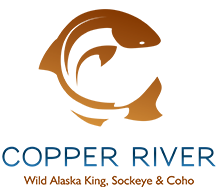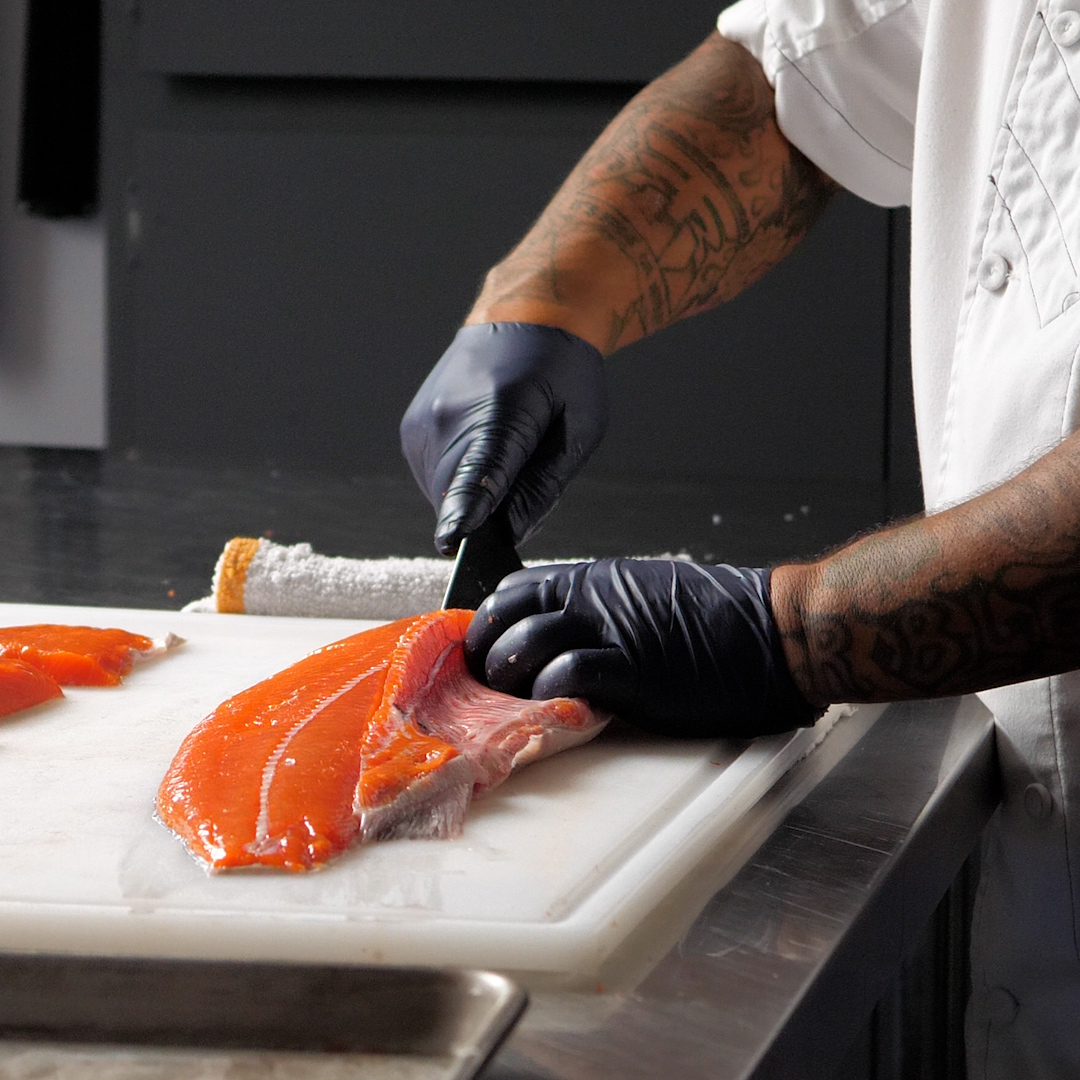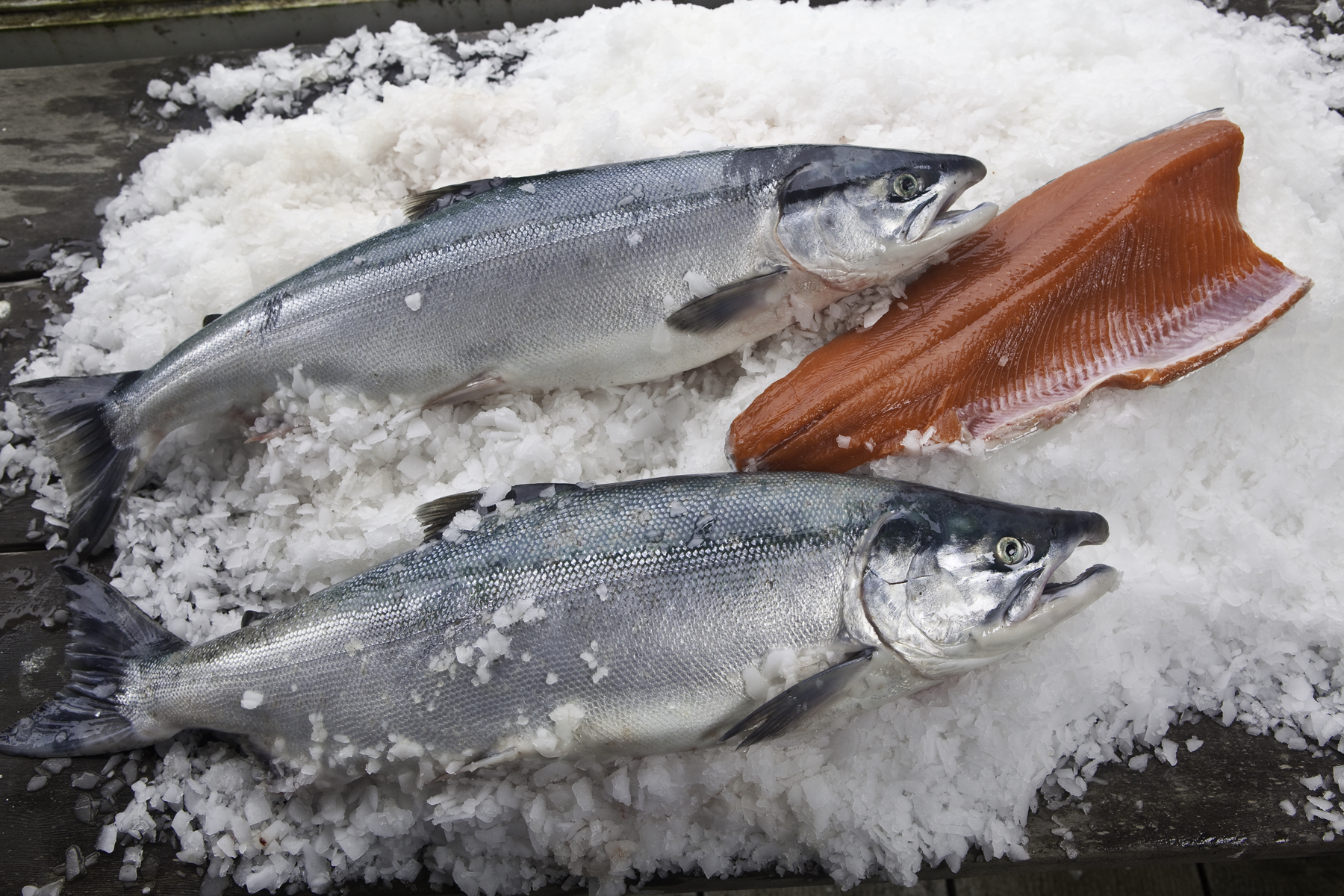By using our website, you agree to the use of cookies as described in our Cookie Policy
Meet Chef Luke Kolpin
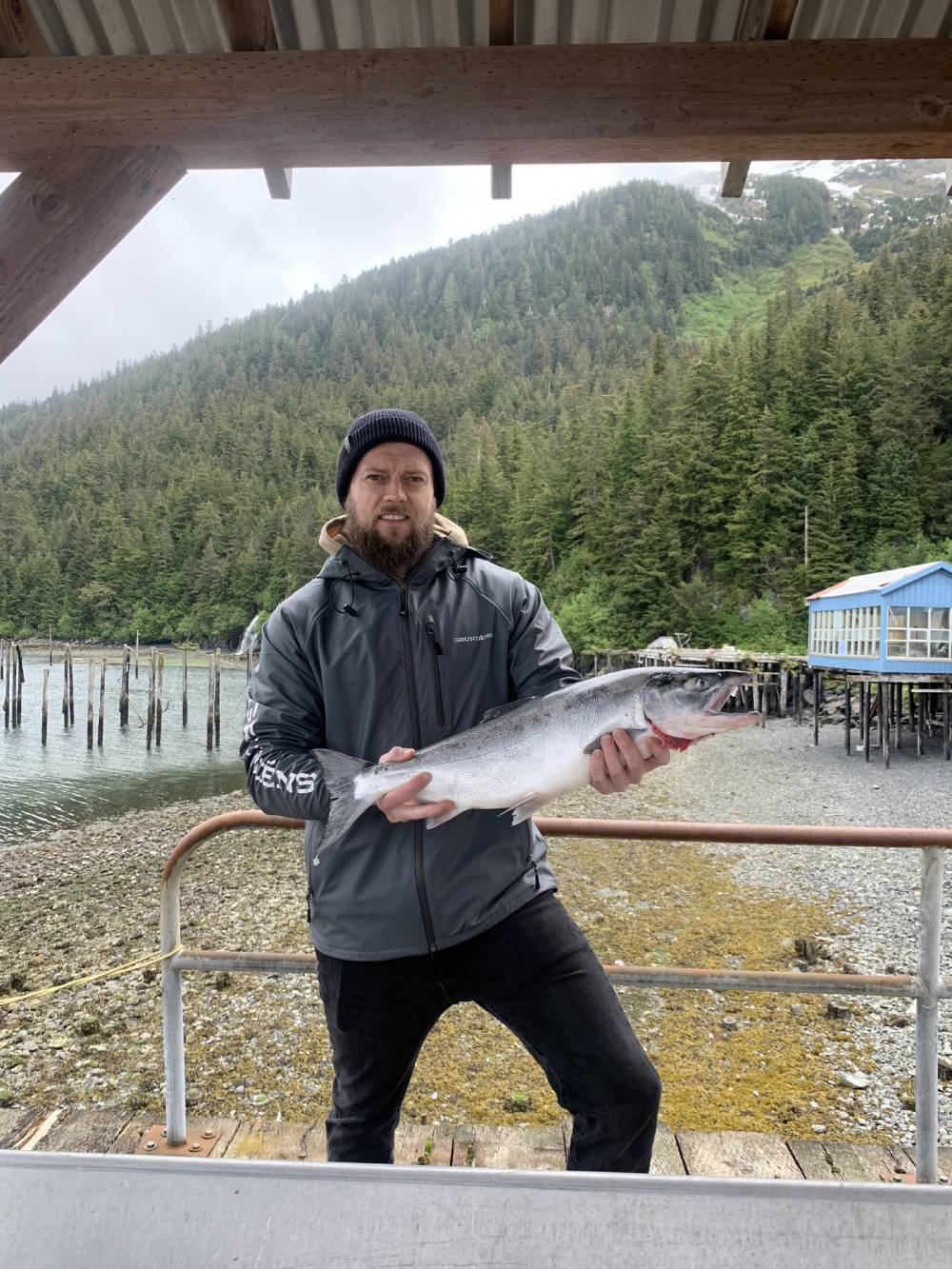
Executive Chef Luke Kolpin is the creative force behind Cedar + Elm and oversees the culinary offerings at The Lodge at St. Edward Park, including its banquet program and signature bars, Father Mulligan’s Heritage Bar and Tonsorium Bar.
A Seattle native, Luke began his culinary journey at Seattle Central College before refining his craft in the kitchens of iconic local establishments, including the renowned Canlis.
Eager to expand his expertise, Luke joined the team at the Michelin-starred Noma in Copenhagen. During his eight-year tenure, he rose to the role of Sous Chef, collaborating with some of the world's most innovative culinary minds and mentoring the next generation of chefs with his passion and creativity.
Outside the kitchen, Chef Luke is deeply committed to supporting inclusive education initiatives, contributing to organizations like the Seattle Boys & Girls Club and the Culinary Arts Program at Seattle Central Community College.
I hopped on a call with Luke a few weeks ago, and this is what he had to say about his trip to Cordova and oversight of our fishery:
JJ: What is your relationship with salmon?
Luke: Well, I’m a Northwestern native and salmon is a backyard staple for me. It’s definitely one of the first fish I ever cooked, and there’s really nothing better than crispy salmon skin. Through and through, I absolutely love salmon and I can’t stop eating it.
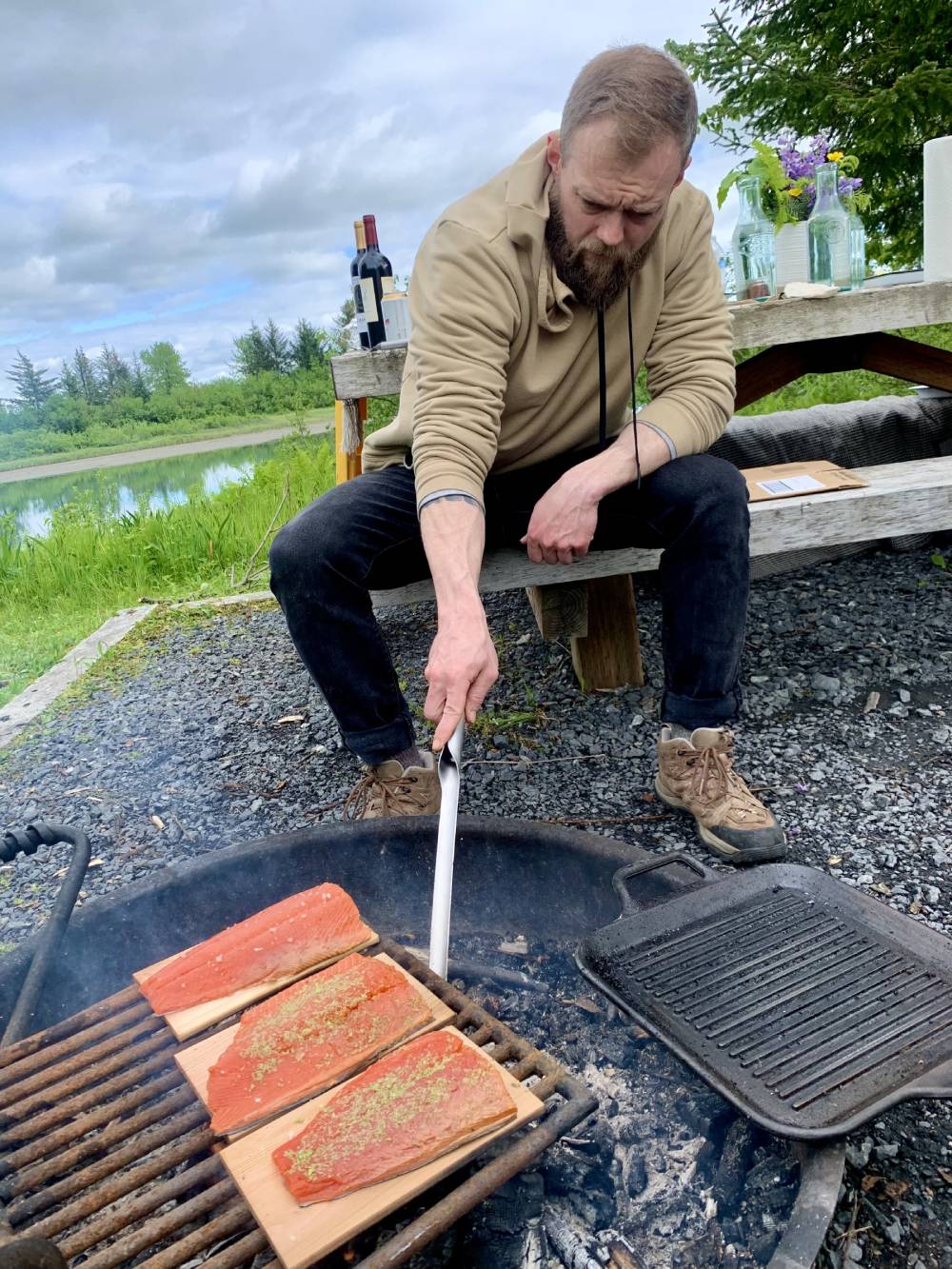
JJ: How has your trip to Cordova and to our fishery deepened your understanding of wild salmon?
Luke: Copper River salmon was one of those things that they would scream to the hells and high waters about, and my understanding from that was that it was a big deal. Going out to the Copper River fishery made me realize what a small operation it is with such a big impact and reach on the rest of the United States, especially in the Northwest. Also, understanding everything behind the scenes like the fishermen and what they swim up against, to why it's such a beautiful and delicious fish. To me, if you really are passionate about salmon and really want to understand it, this is almost like an homage where you really need to be able to see all of the operation and how it works to truly understand it.
JJ: How do you source your salmon and what factors do you consider when selecting a supplier?
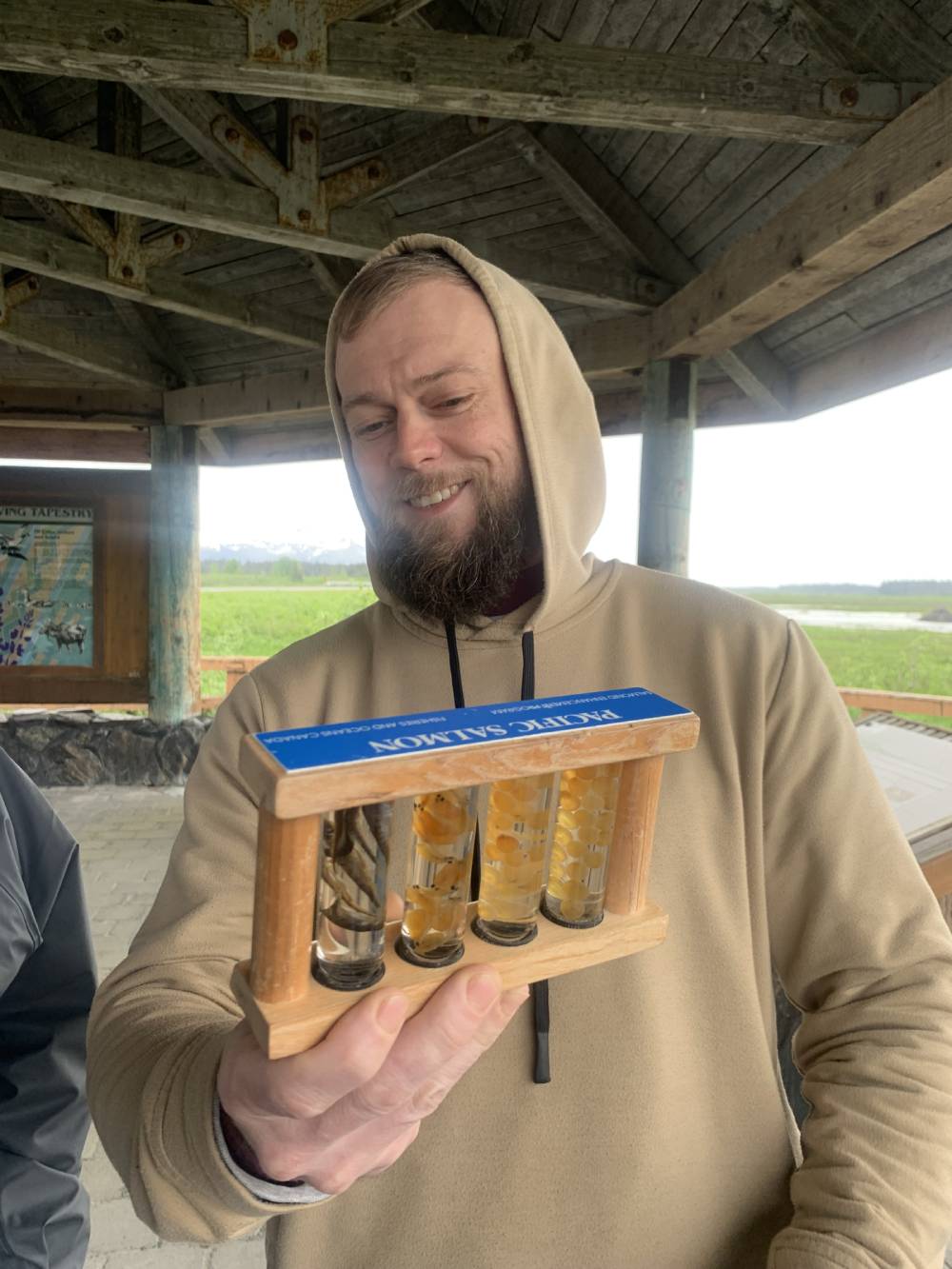
Luke: I usually go down to the docks myself and get salmon. When I talk to the suppliers, no matter how big or small they are, it’s all about building a true relationship. It’s important to me that they are honest about what they do and what they sell. It’s not just about having one good product and a bunch of crappy ones on the side and then just boasting about having organic or sustainable products. It’s about a true, honest relationship with someone that is your supplier and knowing that they respect the product.
JJ: Can you describe the importance of understanding the sustainability practices and origins in the food you prepare?
Luke: I think it's one of those things where if you were to be asked as a chef about the products that you have, you don’t want to have to have that awkward pause. Especially after a trip like this, not only do I know exactly where the fish comes from, I know the whole, deep story. I've met the people that actually catch it, I’ve seen the smiles on their faces from their boats, and the way they interact in their community. Humans are storytellers at the end of the day, but having experienced this and seeing that it's really like, wow, it’s really from this creek, from this river, from this ocean–it’s incredible! Being able to talk about that and have that piece of fish on my plate, well, you can’t really get much more sustainable than that.
JJ: Any last words?
Luke: It was really awesome to see all the small one man or one woman boats of people going out where they catch just a couple hundred pounds of fish. It’s not like a giant tanker; it's a family that is trying to make ends meet, catch the fish that they can fit on their boat and then bring it in and go home. They’re not overtaking and that’s another part of sustainability–it’s not just the people that are buying it– it’s the people that are catching it, the people selling it and talking about it; it's the whole chain of reaction. I’m overwhelmed as far as appreciation for this whole trip and not only do I have a deeper understanding of where the fish comes from, but to understand the operation not only helps me but some of the other chefs who have visited. Since I’ve been back, I talk about this trip any chance that I get and it makes me look at all the other products I have and you and think well alright, let’s do it in this window that we’ve got, let’s do it in the season that we have– you know, it helps you get back on track as well.
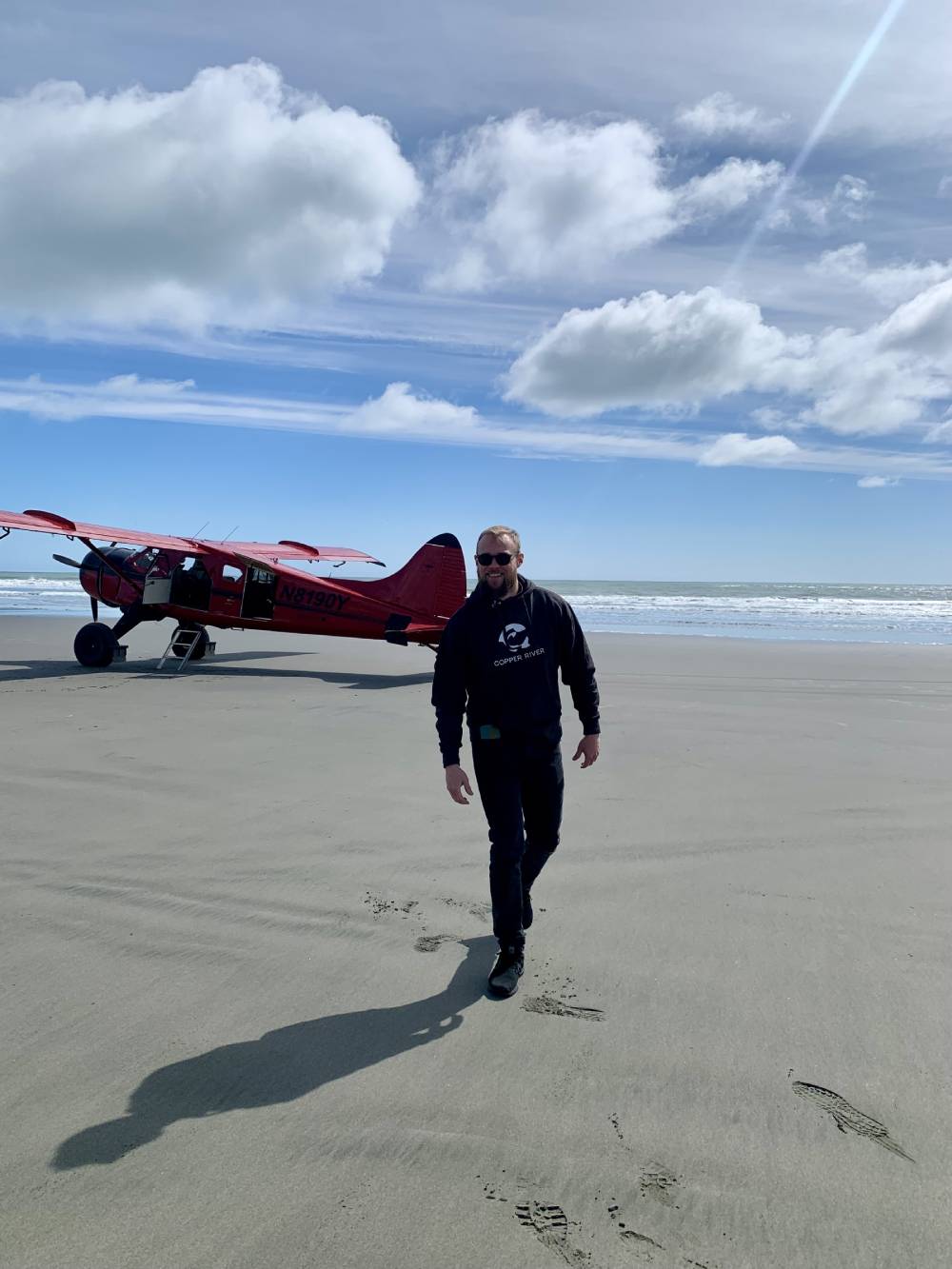
‹ Back
